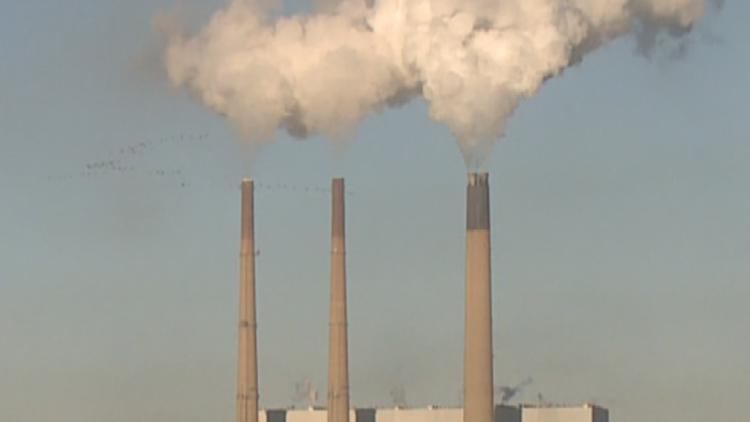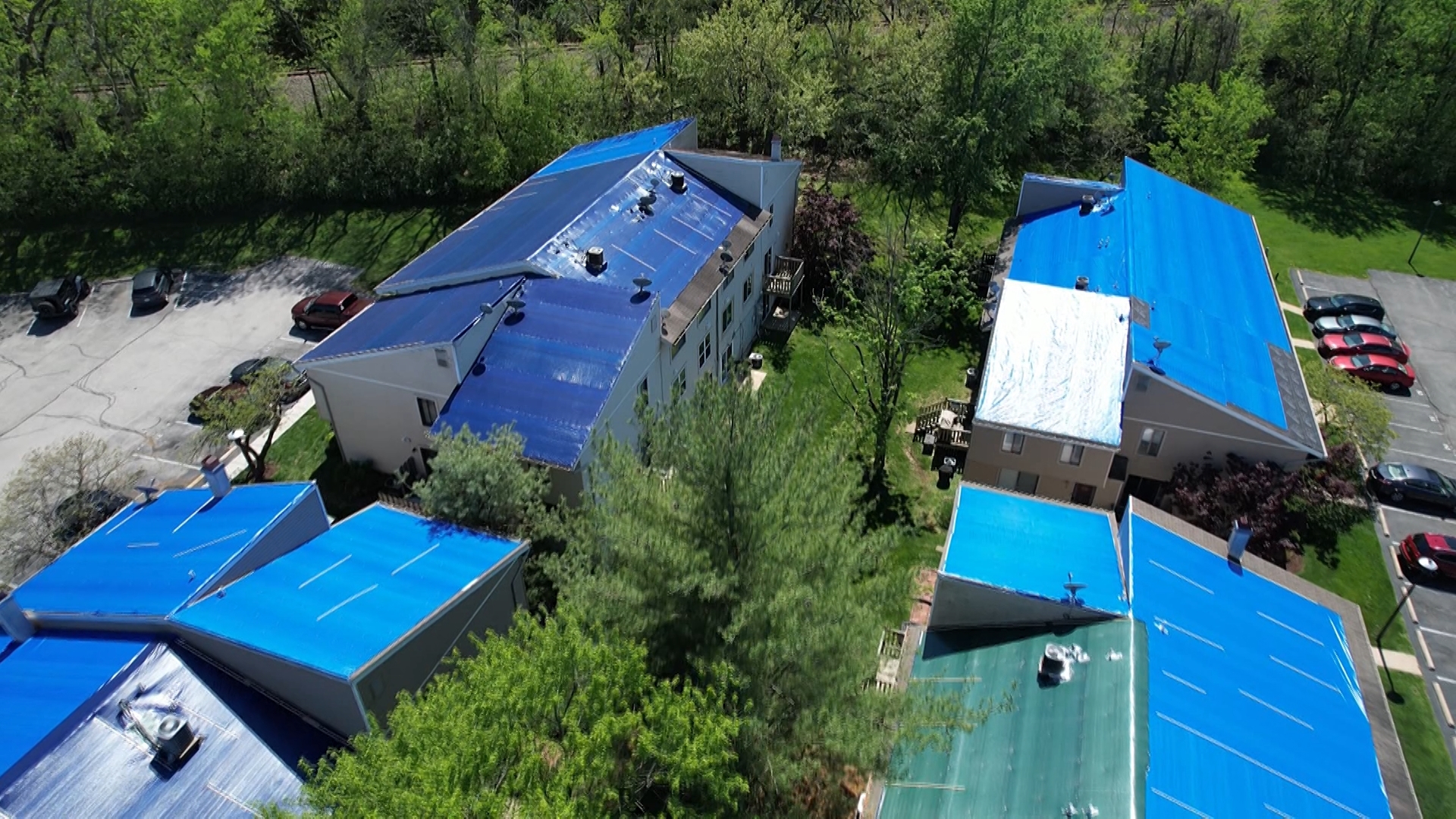Soccer is more than a sport for 16-year-old Yaheed McCurry.
For him, it’s the future.
“He wants to play in the World Cup,” said his mother Angela McCurry.
However, she worries there could be an obstacle in the path to her boy's dreams
because of his asthma.
“Wheezing, gasping for breath,” she says, describing one of Yaheed’s asthma attacks.
“It is just very frightening, very frightening.”
And Yaheed isn't alone.
Children in St. Louis have asthma at twice the national average, according to the state’s health department.
So why St. Louis?
Plenty of natural factors contribute to St. Louis’ asthma problem. Because the city is located between two rivers, pollen and mold are often elevated in our area.
Artificial sources play a part in car exhaust and even cigarette smoke. However, some environment and health experts say part of the problem is certain coal-fired power plants owned by Ameren Energy.
“Ameren is doing everything it can to continue to operate these dirty coal plants without modern pollution controls,” said Maxine Lipeles.
Lipeles is the director of the Environmental Clinic at the Washington University School of Law and has represented the Sierra Club in legal actions against Ameren.
She points to three of the company's facilities -- the Meramec plant in St. Louis County, the Labadie plant in Franklin County, and the Rush Island plant in Jefferson County -- as major sources of one of the worst forms of air pollution: sulfur dioxide gas or SO2.
"Sulfur dioxide makes it more difficult to breathe and that exacerbates an asthma attack," said William Kincaid, M.D.
Dr. Kincaid was a director at the St. Louis Department of Health. He says sulfur dioxide or SO2 is corrosive and can irritate the lining of the lungs, causing asthma-like attacks in almost anyone who has a respiratory virus or ailment.”
"It can bother the entire population not just asthmatics," he said.
So Lipeles and other environmentalists want Ameren to use a particular kind of pollution control on three of its four plants.
The control is called an air scrubber and it’s a device that can remove more than 90% of the SO2 gas
that comes from burning sulfur-based coal.
Scrubbers are expensive, but nearly every major coal-burning plant in the U.S. uses them.
In fact, Ameren even has them at their St. Charles County coal-fired plant.
We sat down with Ameren to discuss the claims made by Lipeles and others
“There's a balance between meeting the environmental regulations and ensuring the air quality is good as well as the cost to customers,” said Steve Whitworth, a senior director of environmental policy and analysis with Ameren.
Whitworth has been with the power company for 37 years and says the Meramec, Labadie, and Rush Island plants don't need scrubbers.
“Our air emissions are about 65% below the allowable emissions limitations,” said Whitworth.
That would mean Ameren easily meets not only state standards for sulfur dioxide emissions, but also federal EPA standards.
So how does the company know their emissions are good? In 2015, the company set up air monitors near two of the three questioned plants.
“It shows there aren't adverse impacts to the air-quality levels,” said Whitworth.
However, attorney Lipeles says there’s a problem with that claim.
“Ameren put in monitors in misleading locations that don't pick up where the worst air quality is,” she said.
Lipeles points to Ameren’s Rush Island plant, for example, saying the monitors near there are not in areas that would experience the worst SO2 emissions.
Ameren disputes that.
Steve Whitworth says the placement of the air quality monitors was done according to EPA rules
and was also approved by the Missouri Department of Natural Resources.
“There is a concern obviously for everybody to have clean air,” Whitworth said of his employer.
Which brings us back to Yaheed and his mother.
Right now, Yaheed controls his asthma with an inhaler that he takes twice a day.
But his mother worries about what might happen if the treatment stops working.
“Nothing is absolute,” she says, “except it's absolute that he has asthma now."



